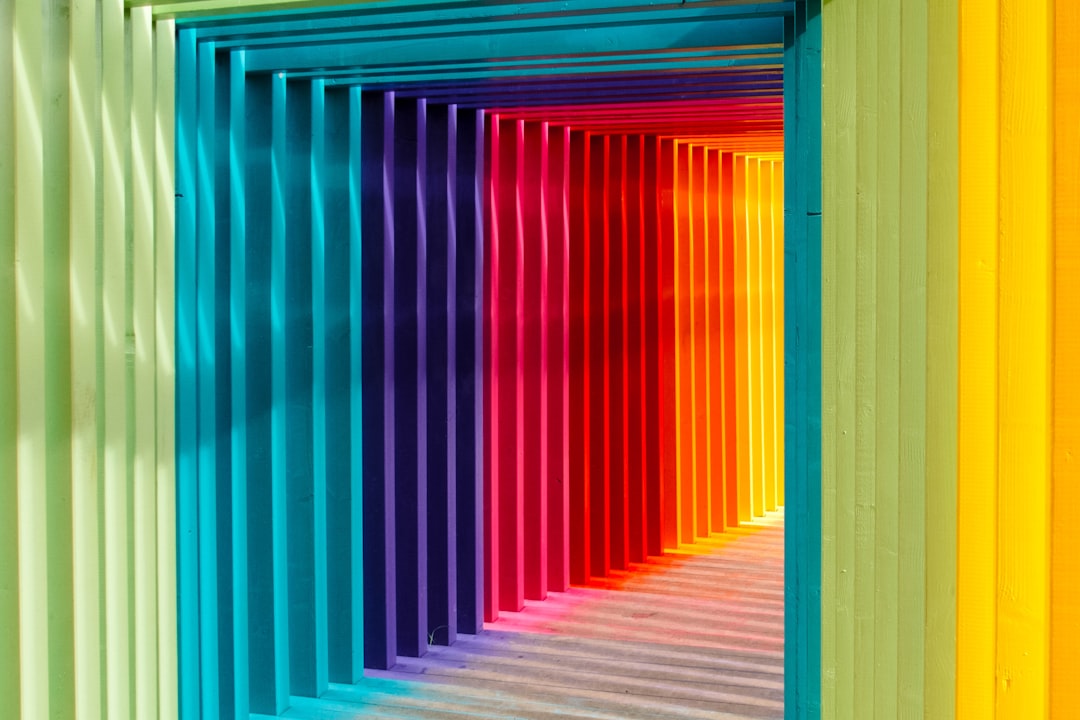Introduction
Tired of staring into a closet full of clothes and feeling like you have nothing to wear? You’re not alone. The average person only wears 20% of their wardrobe 80% of the time! That’s where the beauty of a capsule wardrobe comes in.
A capsule wardrobe is a curated collection of essential clothing items that can be mixed and matched to create a variety of stylish outfits. It’s all about choosing quality over quantity, investing in timeless pieces, and simplifying your life.
Benefits of a Capsule Wardrobe
Building a capsule wardrobe offers a multitude of benefits, including:
- Saves Time and Energy: No more agonizing over what to wear every morning! With a capsule wardrobe, getting dressed becomes a breeze.
- Reduces Decision Fatigue: Having fewer choices can actually free up mental space and reduce stress levels.
- Saves Money: By investing in high-quality, versatile pieces, you’ll be less tempted by fast fashion trends and save money in the long run.
- Promotes Sustainability: A capsule wardrobe encourages mindful consumption and reduces textile waste.
- Creates a Cohesive Style: It helps you define your personal style and ensures that everything in your closet works together seamlessly.
Building Your Seasonal Capsule Wardrobe
While the core principles of a capsule wardrobe remain consistent, each season requires some adjustments to accommodate weather changes. Here’s a step-by-step guide to building a capsule wardrobe for every season:
1. Assess Your Lifestyle and Needs
Before you start decluttering and shopping, it’s crucial to consider your lifestyle, occupation, and climate.
- Lifestyle: Are you constantly on the go, or do you spend most of your time in a casual setting?
- Occupation: Do you have a corporate dress code, or is your work environment more relaxed?
- Climate: What are the typical weather conditions for each season in your location?
2. Choose Your Color Palette
A cohesive color palette is key to a successful capsule wardrobe. Select 2-3 neutral colors as your base (black, white, navy, beige, gray), and add 2-3 accent colors that complement your skin tone and personal style. Don’t be afraid to incorporate patterns and textures!




